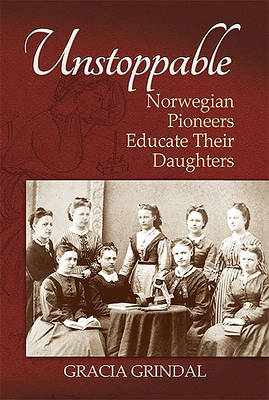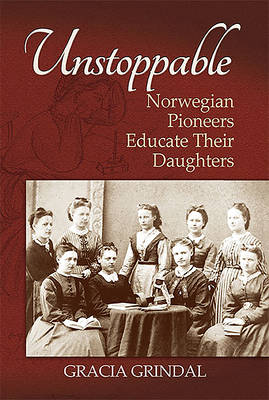
- Retrait gratuit dans votre magasin Club
- 7.000.000 titres dans notre catalogue
- Payer en toute sécurité
- Toujours un magasin près de chez vous
- Retrait gratuit dans votre magasin Club
- 7.000.0000 titres dans notre catalogue
- Payer en toute sécurité
- Toujours un magasin près de chez vous
Description
When Lutheran church leaders came from Norway in the middle of the nineteenth century, educational plans for each gender were based on deeply held beliefs about what a man was and what a woman was. Teenage boys were to be educated at a school away from home--Luther College for those in the Norwegian Synod. Girls were to be educated in the parlors of an aunt or close friends of her parents. At the time they immigrated, how to educate their children had been central to the cultural debates of their day. Those arguments lived on in this country while the Norwegian Synod pastors were deciding how to build such institutions for their children. Now they lived not only in a new land and culture, but also in a new era when the role of women was changing.
Spécifications
Parties prenantes
- Auteur(s) :
- Editeur:
Contenu
- Nombre de pages :
- 398
- Langue:
- Anglais
Caractéristiques
- EAN:
- 9781942304166
- Date de parution :
- 01-11-16
- Format:
- Livre broché
- Format numérique:
- Trade paperback (VS)
- Dimensions :
- 152 mm x 229 mm
- Poids :
- 530 g

Les avis
Nous publions uniquement les avis qui respectent les conditions requises. Consultez nos conditions pour les avis.






